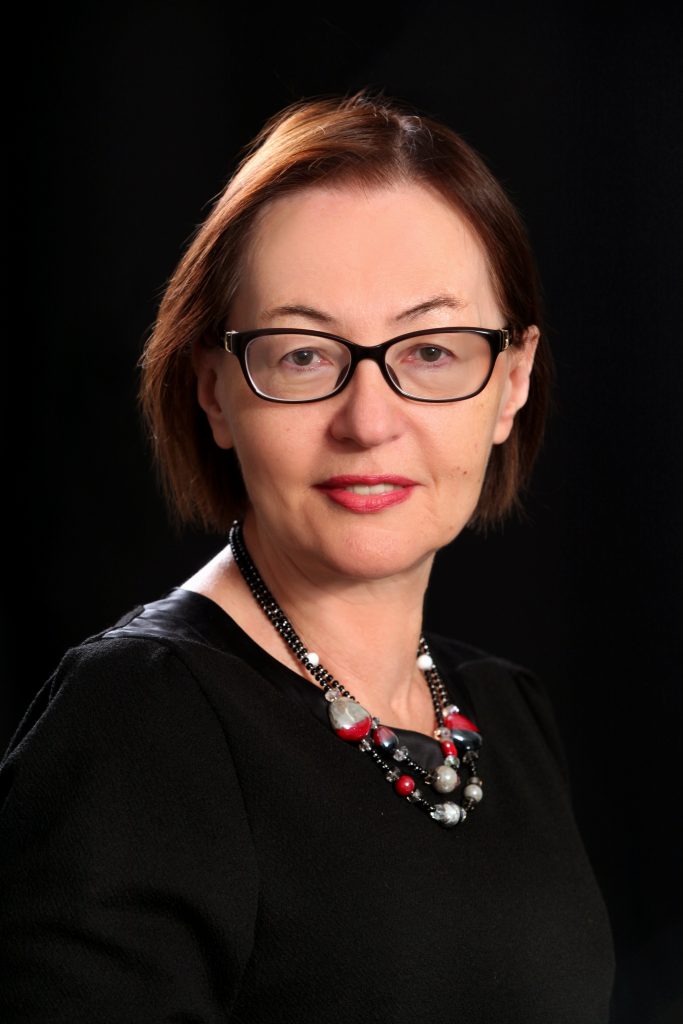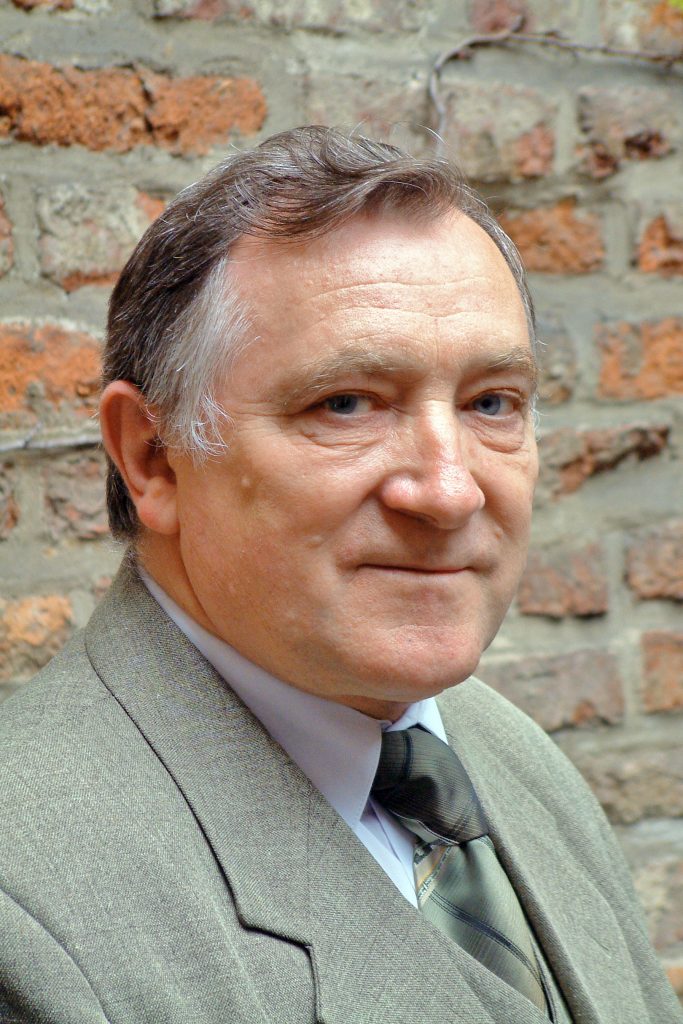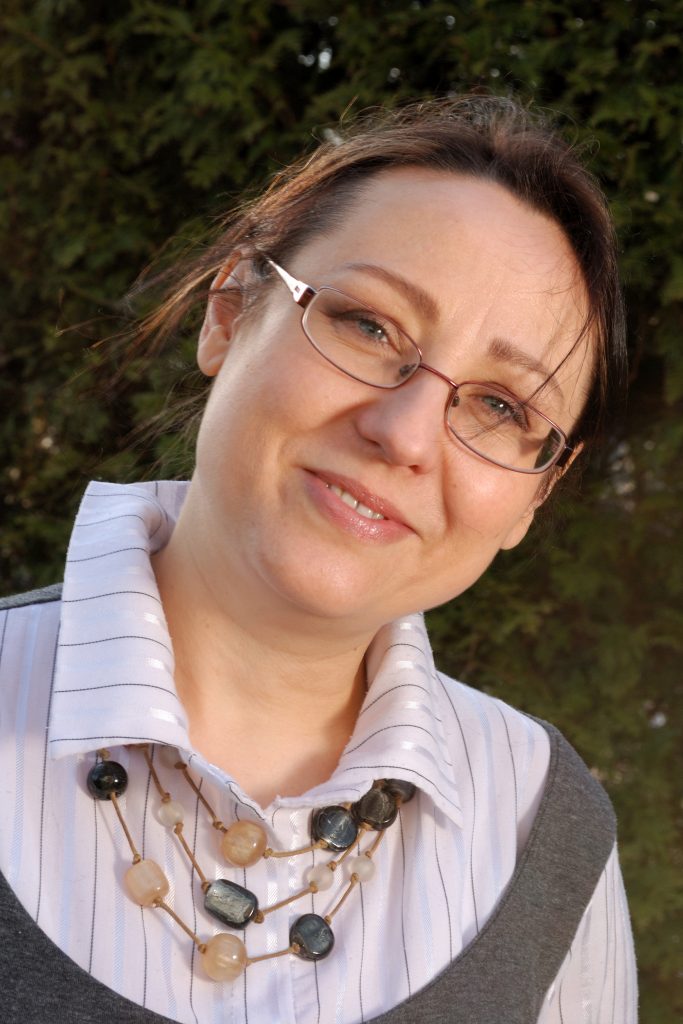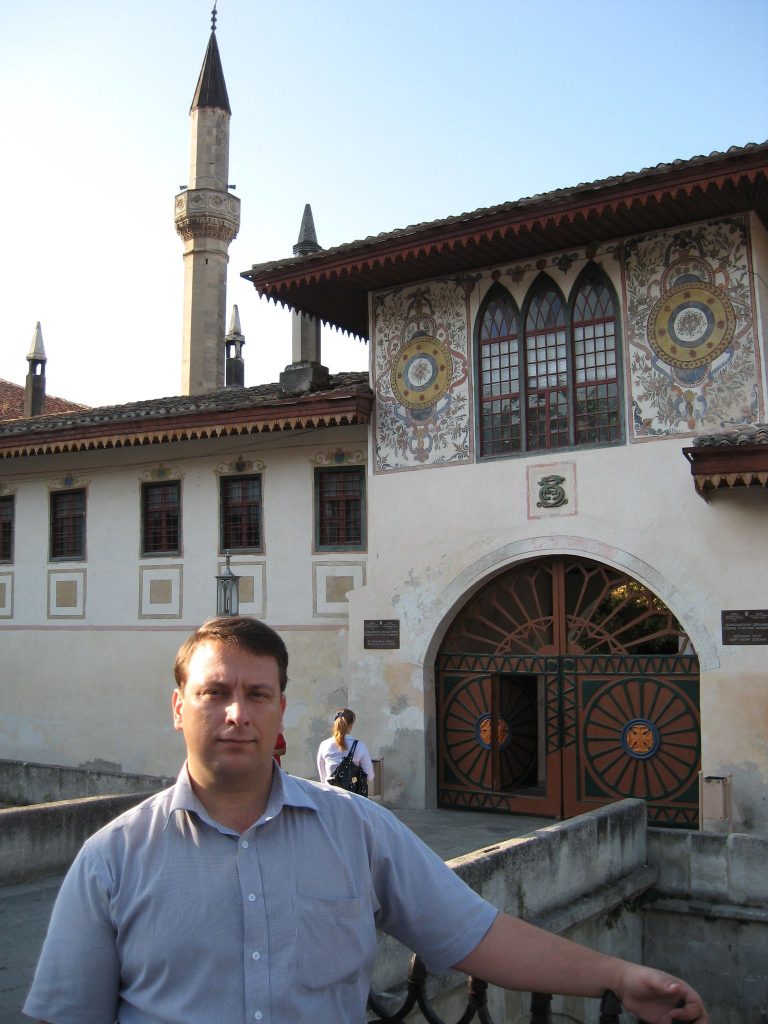
Prof. habil. dr. Tamara Bairašauskaitė (Lithuanian Institute of History, Vilnius University, Lithuania)
Tamara Bairašauskaitė graduated in history from Vilnius University. She defended his doctoral dissertation at the Institute of Russian History of the Russian Academy of Sciences in Moscow in 1980, defended his habilitation work at Vytautas Magnus University in 1998. She is Research Manager at the Lithuanian Institute of History and Professor at Vilnius University. She leads the long-term research program ‘Socio-Cultural Field of the 19th Century: Social Groups, Individuals, Institutions’, teaches the module ‘The Long 19th Century’, the course for master students ‘Modernization of the Social Space in the 19th Century: The Russian Empire and Lithuania’, as well as the doctoral study subject ‘Modernization of the Society in the 19th Century (Imperial Model)’.
She investigates the social history of the nineteenth century, the history of nobility, the history of national minorities and Lithuanian Tatars and is the author of five monographs: „Lietuvos totoriai XIX amžiuje“ (Lithuanian Tatars in the 19th Century, 1996), „Lietuvos bajorų savivalda XIX a. pirmojoje pusėje“ (Self-Rule of the Lithuanian Nobility in the First Half of the 19th Century, 2003), „Mykolas Juozapas Römeris (1778–1853). Bajoro viešoji ir privati erdvės XIX a. pirmojoje pusėje“ (Michał Józef Römer (1778–1853). Public and Private Life of a Noblemanin the 1st Half of the 19th Century, 2011), „Bajoro dvaras keičia savininką. Vilniaus, Kauno ir Gardino gubernijų dvarų likimai 1863–1914 m.“ (The Manor Changes Ownership. Fate of the Manors in Vil’na, Kovno and Grodno Provinces in 1863–1914, 2018). It worthy to mention her contribution to the history of Lithuania in the nineteenth century (2011, together with Z. Medišauskienė, R. Miknys). She edited a book on the rebels those killed in 1863–1864. and whose remains were found on Gediminas Hill: „1863–1864 metų sukilėlių kelias į mirtį ir atgimimą“ (The Way of the Rebels of 1863–1864 to Death and Rebirth, 2019), she is also one of the authors of this book. Also, she has published many articles in Belarusian, German, Latvian, Lithuanian, Polish and Russian scientific publications, prepared publications of the historical sources. She prepared Seweryn Römer’s ‘Memories. 1863’ (2017), Apolonia Dalewska-Sierakowska’s ‘Memories’ (together with Jolanta Sikorska-Kulesza, 2010) and translated them into Lithuanian (2019).

dr hab. Czesław Łapicz, prof. UMK (Institute of Linguistics/Department of Slavonic Languages)
Czesław Łapicz – university Professor Emeritus (Nicolaus Copernicus University in Toruń). His academic interests concern mainly Slavonic (particularly Polish and Belarusian) languages and dialects and their mutual systemic and historical relations. Author of many dissertations and papers in the field of Slavonic comparative studies. For over 30 years studied the literature of the Tatars of the Grand Duchy of Lithuania, a Slavic Aljamiado. Interested in theolinguistics and sociolinguistics. Served two terms as Vice-Rector of the Nicolaus Copernicus University for Education as well as Dean and Deputy Dean of the Faculty of Humanities and the Faculty of Languages. For many years the Head of the Slavonic Comparative Literature Unit at the Institute of Slavonic Studies at the Nicolaus Copernicus University. supervised over 200 MA and BA theses in the field of Polish and Slavonic Studies and 12 doctoral theses in Linguistics.

dr hab. Joanna Kulwicka-Kamińska – university Professor (Nicolaus Copernicus University in Toruń), holds the postdoctoral degree of doktor habilitowany (doctor habilitatus) of the Humanities in Linguistics; head of the Centre for Kitab Studies and the Post-Graduate Centre for Speech Therapy at Nicolaus Copernicus University in Toruń. Conducts research into diachronic and contrastive linguistics (theolinguistics, kitabistics, history of the Polish language, including Old and Middle-Polish inflection systems as well as relations between Slavic and Oriental languages, such as Arabic, Turkish and Persian borrowings in Polish) and translation studies (translation of Christian and Muslim terminology into Polish). Author of three books and over 100 academic papers. Member of the Renaissance Society of America, Polskie Towarzystwo Językoznawcze (the Polish Linguistic Society), Towarzystwo Miłośników Języka Polskiego (the Society of the Lovers of the Polish Language) and Towarzystwo Naukowe in Toruń (the Society of Arts and Sciences in Toruń).
Afiliation: https://www.human.umk.pl/wydzial/pracownicy/?id=6192540

dr. Vladyslav Volodymyrovych Hrybovskyi – Candidate of Historical Sciences (PhD, History), Senior Scholarly Researcher in M. S. Hrushevsky Institute of Ukrainian Archaeography and Source Studies of National Academy of Sciences of Ukraine.
Sphere of scientific interests: Noghais in the Black Sea region (the topic of PhD thesis “Noghais Hordes in the Northern Black Sea Region during 18th – early 19th centuries”), Zaporozhian Cossacks, frontier studies, nomadism, male bonds in the Eurasian steppe.
Author of 180 scientific publications, including the monograph “Koshovyi Ataman Petro Kalnyshevs’kyi” (Kyiv, 2004), editor and author of 10 chapters of the collective monography “Cossacks in the Turkic and Slavic Worlds” (Kazan, 2018), editor and author of 6 chapters “Between Confrontation and Interaction, Ukrainian-Crimean and Ukrainian-Noghayan relations in the 17th – first half of the 20th centuries (Kyiv, 2018).
Editor of the historical and cultural almanac “Frontiers of the City”, published since 2012 (the city of Dnipro, publishing house “Gerda”, 5 issues).
E-mail: nuradyn@ukr.net
